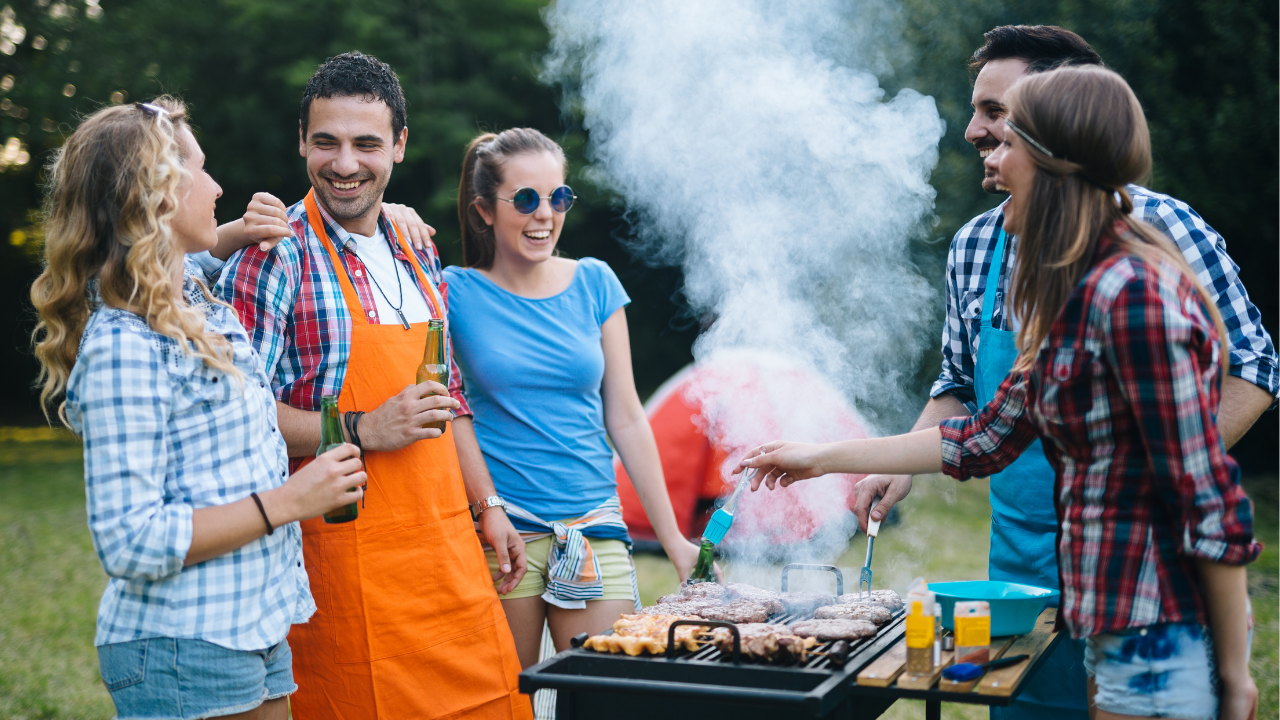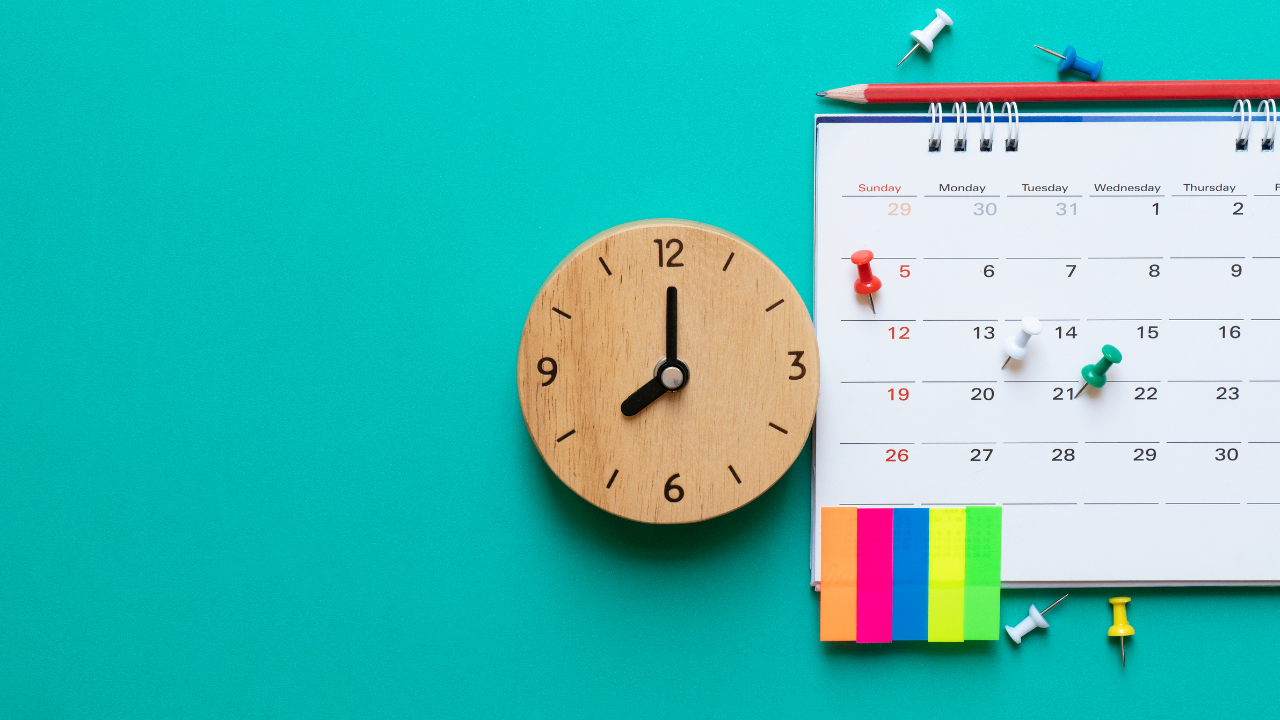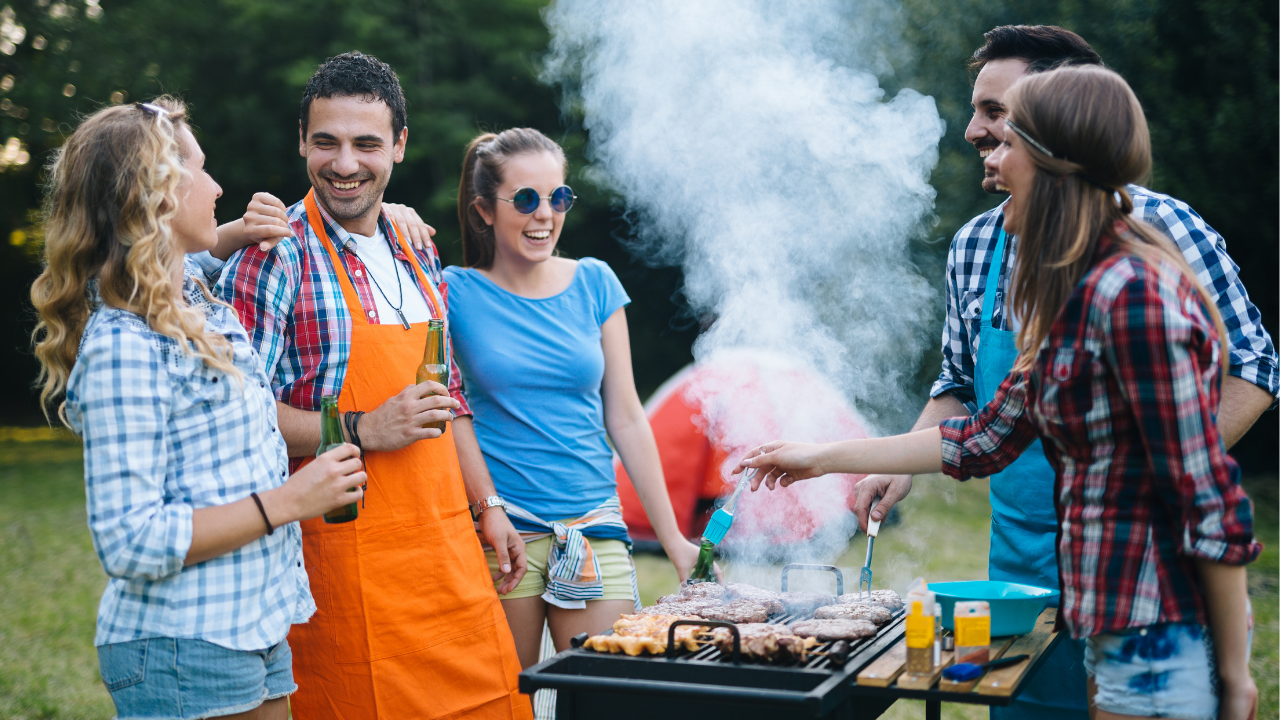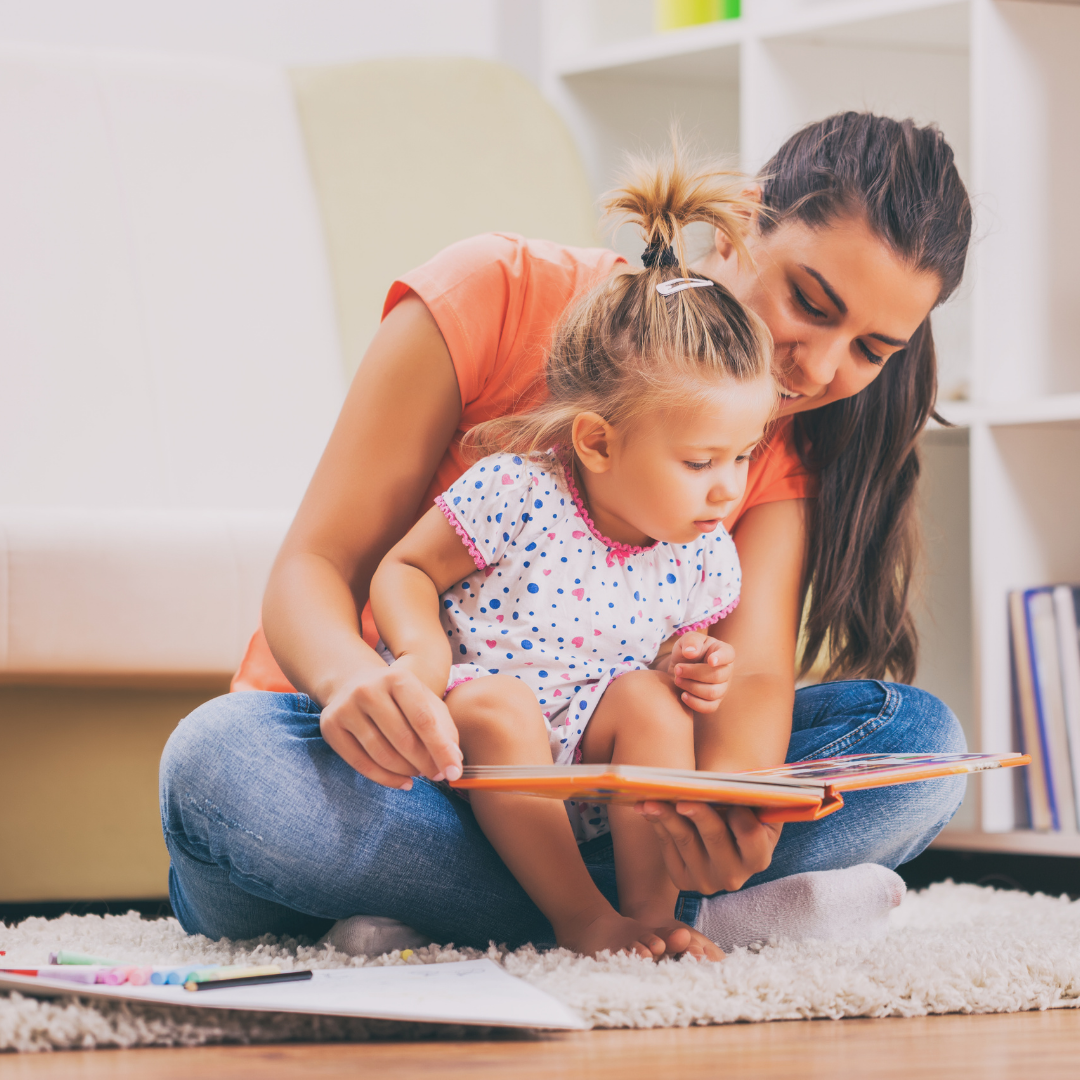4th of July - Tips to Reduce Social Stress For Your Deaf or Hard of Hearing Child
Jun 30, 2021
It’s almost the 4th of July! While this holiday marks the epitome of summer fun for many of us, it often is not fun for children who are deaf or hard of hearing. It can often cause feelings of insecurity, isolation, and frustration if a child does know what to expect or does not have the ability to communicate easily with those around them.
The Online Itinerant supports families of children who are deaf or hard of hearing by building capacity and understanding of how hearing loss impacts their child, then supports the family in breaking down any barriers and supporting these needs - all while, well, still being a family.
Bev Teeter, a Parent Coach in the FRIEND Academy, offered a training for parents to help support social events for their entire family. She taught about her approach called Prepare/Engage/Reminisce.
This approach allows your child to gain access to events, occasions, celebrations, and pretty much anything that you do when you gather together. It also supports skill development in multiple areas including language, self-advocacy, self-determination, and other comprehension skills such as summarizing, sequencing, recalling details and even fact vs. opinion - all of which are taught in school.
With the 4th of July coming up, you can use this technique as you host or attend a cookout or barbecue. However, this approach can be used any time that you gather with others.
In her training, Bev shares the first stage of the strategy: PREPARE.

This first phase is the most extensive but can also be built very easily into your everyday life and shared with everyone in your family. In this phase, you will consider your child’s access to the upcoming activity, knowledge of your child's abilities, and interests. You will make a plan for access and engagement that will make the activity an enjoyable experience for your child.
First, spend some time identifying the who, what, when and where of the event. For example, this 4th of July, consider who will be there including family members and friends. Identify all the “what’s” involved in your event, such as a cookout, some outdoor games, and a fireworks display to wrap things up in the evening. The when is on July 4, beginning mid-afternoon, and going into the night to allow for that fireworks display.
Now that you’ve considered the logistics, consider what's required for a child the same age and stage as your child to engage in the celebration. Consider all areas of access. How would another child your child's age communicate? What language and vocabulary would they use? What are the potential vocabulary and concepts that would be helpful? What would they want to do? Consider the menu and how the food will be prepared, and activities that are going to be played. Consider concepts such as why do we celebrate July 4? What's its meaning? Also keep in mind terminology related to the event, such as fireworks.
There will also be general social conversations that adults have with children about their summer plans, their schools, or hobbies or interests. There will be peer to peer social communication at the age and stage of your child. Additional things to consider might be how access during the day may be different than access at night. You want to specifically be thinking of things like visual and auditory access for each aspect of the day's activities.
Now imagine your child during your upcoming event. Think about the way that your child communicates how your child accesses visual and auditory information. What supported successful communication in the past? And what's created the most access barriers in the past? How might those experiences relate to this event? Compare these thoughts with what you identified as needed to engage in July for celebration. What does your child need to engage? Consider what you can do to ensure that they have the best chance of successful engagement.

This helps you identify areas of needed preparation. Maybe you realize that you need to develop some concepts that your child doesn’t already know about. You may need to beef up their vocabulary and language ahead of time. Identify potential communication partners who will be at your event and identify strategies for communication repair options if your child doesn’t understand something. This might be asking for repetition or moving closer to the person speaking, or perhaps requesting to move where there is less background noise.
Now that you've identified the needs, it's time to use that information to prepare your child. This preparation is important and is best when it doesn't feel like work. It should feel natural and casual for you and your child. At the same time, it can be a way to help your child learn self-determination and self-identity.
In her training, Bev shares a few strategies and suggestions that will support the balance of preparation and keep it natural.
- Include your child in the planning of the cookout, having access to all that goes into planning and prepping, would help build the concepts, the vocabulary and would create opportunities to make incidental information accessible to your child.
- Read books about the theme of the event you're attending or hosting. This presents the opportunity to build language, make connections and build those concepts.
- Show pictures or videos of similar activities and talk about them.
- Talk to your child about who's attending, what are their interests, what might they want to talk to your child about and what your child may want to talk to them about? What do they have in common. This can be done in a natural way as part of talking about the planning. If you're not the host, this could be hypothetical, and you can try to predict who may be there, etc.
- Have your child pick the activities if it's age-appropriate for them.
- Make or pick up the decorations together. This is another natural way to talk about the concepts and build vocabulary related to the theme or the event
- Talk to your child about a plan to be sure they have all the access tools they need. Work together to determine what might be challenging to them.
- Have a plan for your child to let you know when they are feeling the need to have support. This will allow them to experience the day in as independent a manner as possible. This will also alleviate some of the parental stress. You want to be sure your child has access and is able to engage in what's happening.
- Include your child in the meal planning, the shopping and prep work. This will create more natural opportunities to build language concepts and will naturally give them something to contribute to the conversation during the event.
- Identify and practice communication repair strategies, such as asking a person to repeat what they said, moving closer to the speaker, or requesting to go to a place with less background noise. Roleplay these conversations.
Preparing can seem like a lot of work. But keep in mind it will support you and your child's experience. You and your child will experience the event in a less stressful state. It is well worth the time and the more you do it, the more it becomes second nature.
STEP 2: ENGAGE.
The second phase of this strategy is ENGAGE. This occurs during the event or occasion. Your role is to keep your access lens going and support your child when needed while allowing them the opportunity to experience the event or occasion at the level of independence that's right for them at their age or stage and comfort level. If you put the time into the prepare stage. The level of access support needed during the engage phase will often be related to unexpected changes and a few communication breakdowns. When unexpected changes occur during any event, be sure to tell your child what is happening so they are not left to wonder what's going on. Here are some key points for your role during the engage phase:
- If you witness a communication breakdown, try to facilitate and repair the misunderstandings while maintaining the integrity of the conversation and the conversation partners. Be mindful of access and support here needed in as nonintrusive manner as possible. Again, make it look natural. Don't be afraid to advocate for things such as eliminating unnecessary background noise if it is interfering with access. Also don't be afraid to advocate for turn-taking in the conversation. Feel free to elicit the support of other family and friends that can understand and support access needs.
- Observe your child, take pictures and make mental notes of the experience. This will support the final phase of the strategy which is reminisce, which we’ll get to next.
- Have fun and enjoy the celebration because this is where memories are made!
STEP 3: REMINISCE
Lastly, let’s talk about the final phase of this strategy - reminisce. This occurs after the experience and is often something that doesn't happen because we're moving on with our life. For kids with hearing loss, you have to be intentional about reminiscing. Repetition is key for children with hearing loss to build lasting memories and benefit from experiences. Reviewing the experience allows time to build those memories, repair any misunderstandings and reteach concepts and vocabulary or improve upon communication strategies. You can also build in skills such as summarizing, sequencing, recalling details, and teaching about fact vs. opinion. This approach also will help to support the social-emotional development, which is very important because it supports many other areas of development and this overall sense of well-being.
How to reminisce well:
- Talk about what happened at the event and the event in general
- Talk about “favorites.” Favorite foods, favorite conversations, favorite moments, etc.
- Talk about least favorites.
- Include others in this discussion to learn about different perspectives and that everyone has their own experience during the event. And they can be different. Teach about fact vs. opinion.
- Look at pictures of the event together. Share your observations of your child engaging in the activities, note expressions and other things you notice that were positive. If you noticed anything that might have been a bit of a challenge that's an opportunity to talk about that as well.
- Compare the planning that you engaged in with your child to the actual event. Did it go as expected? Were there any surprises?
- Talk about things that went well, what you might do differently, you can use words like next time, I think I would, and explain what you would change.
- Create a picture book, a journal, or whatever method of recording the event that works for your child and family.

You can see how this technique will work with any event. Being able to engage in this process will build language, support independence, enhance self-advocacy, teach communication repair strategies, and build comprehension and support memory making for your child. Truly this overlaps all areas of their life and makes them feel included and valued in these activities.
Parents in the FRIEND Academy receive extra practice, training and support in making this part of their family routine. If you would like to connect with other families who are on the same journey as you, consider the FRIEND Academy.

